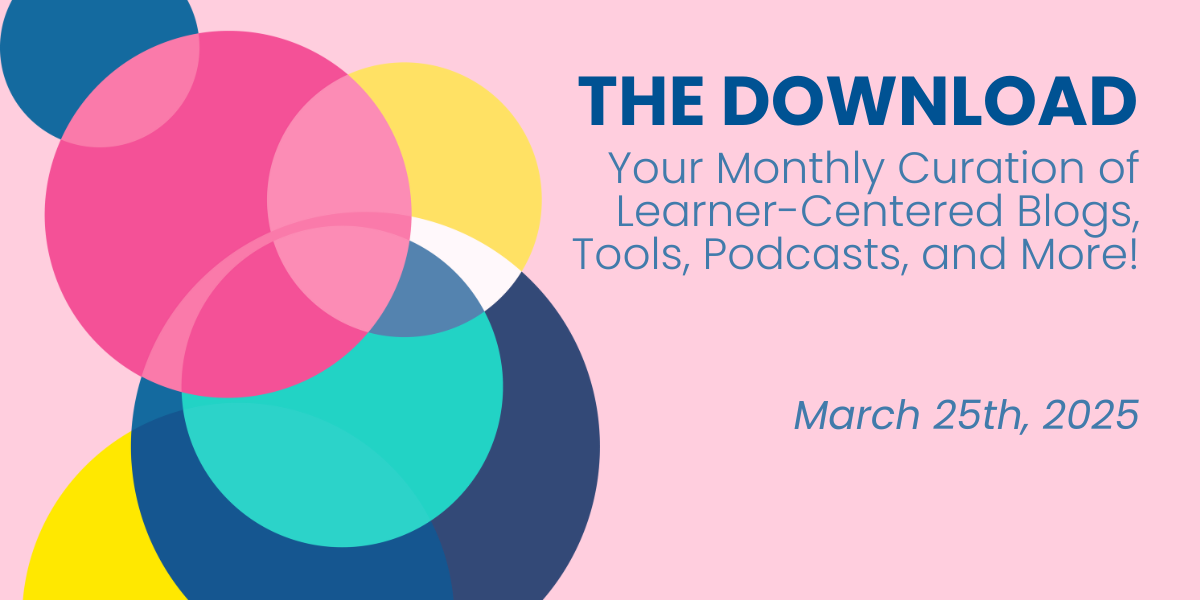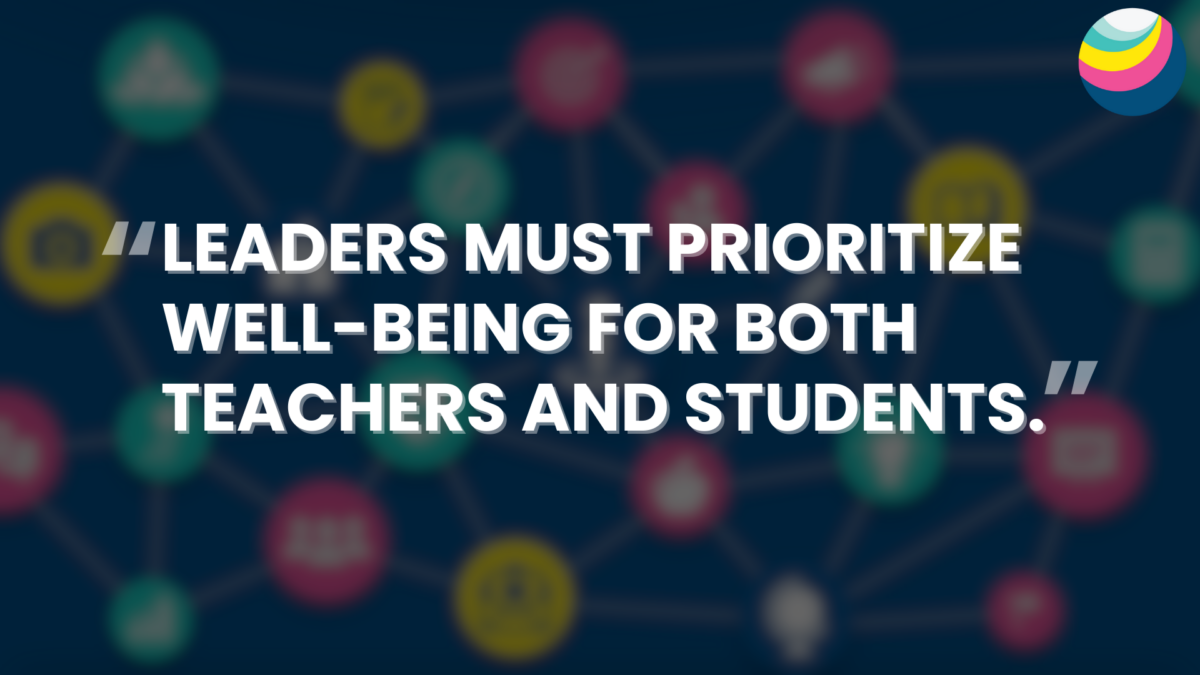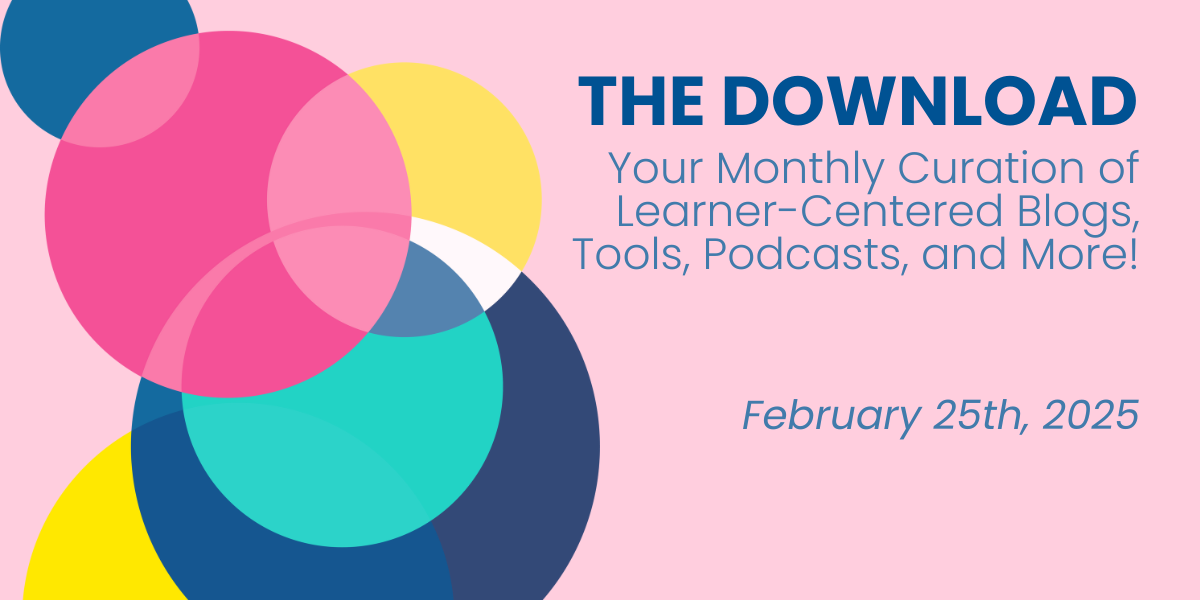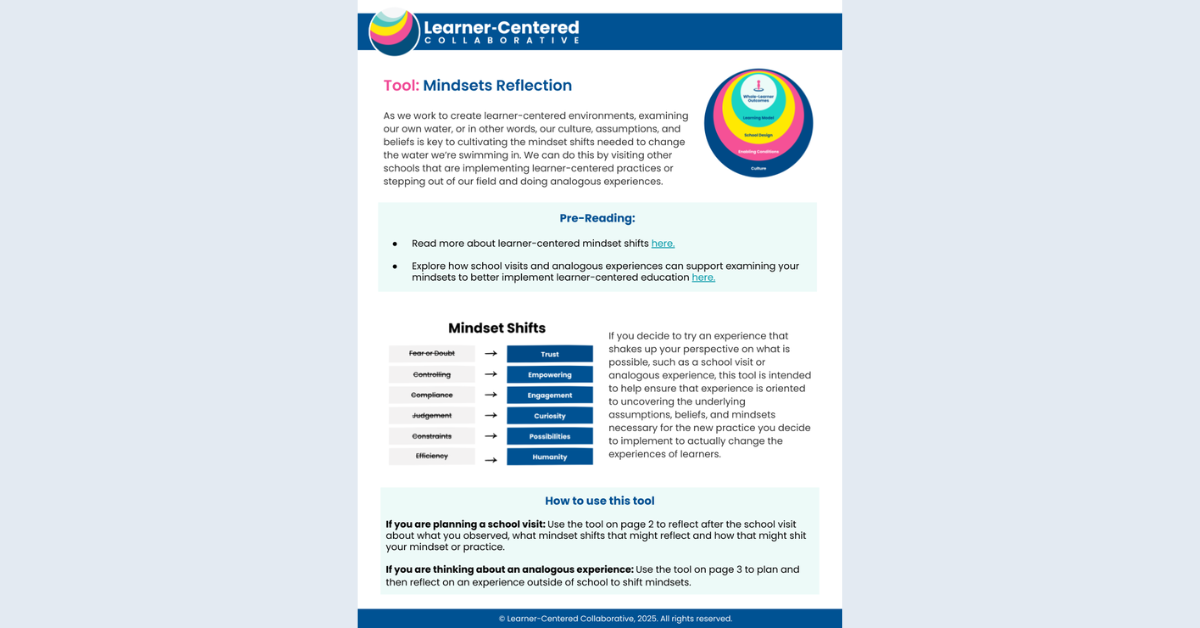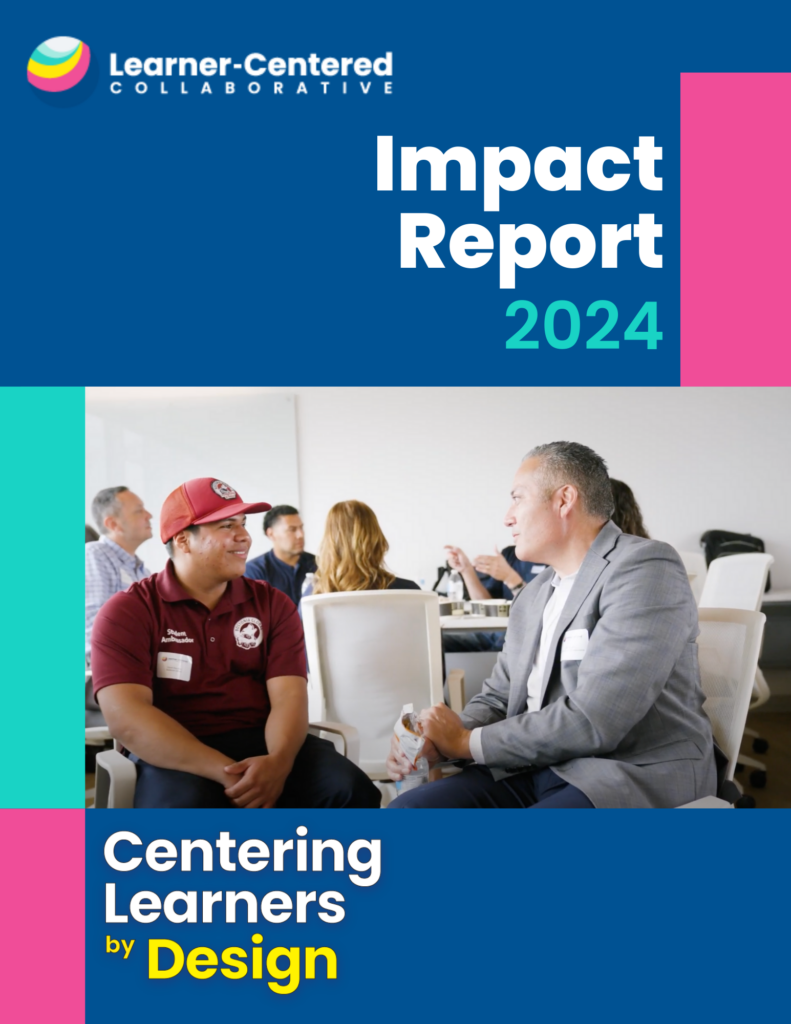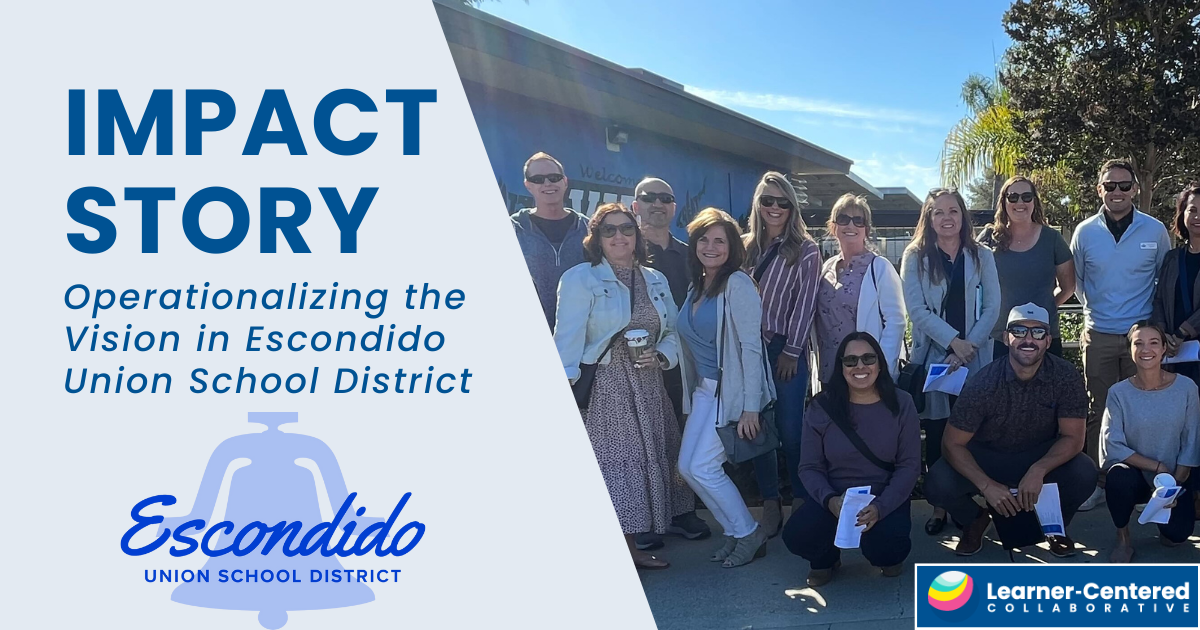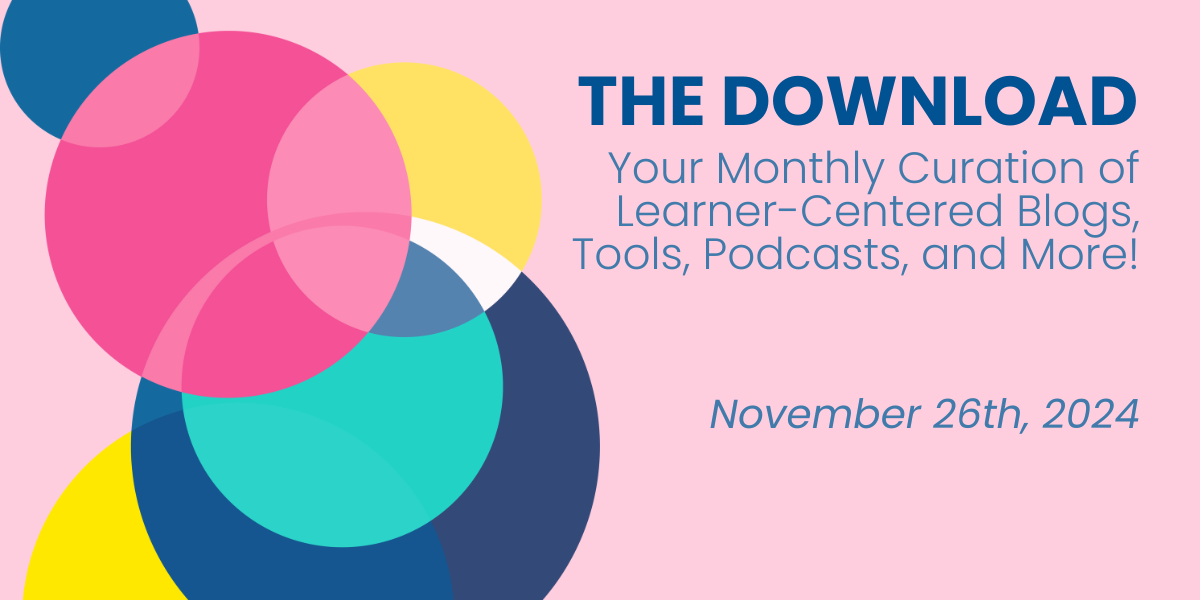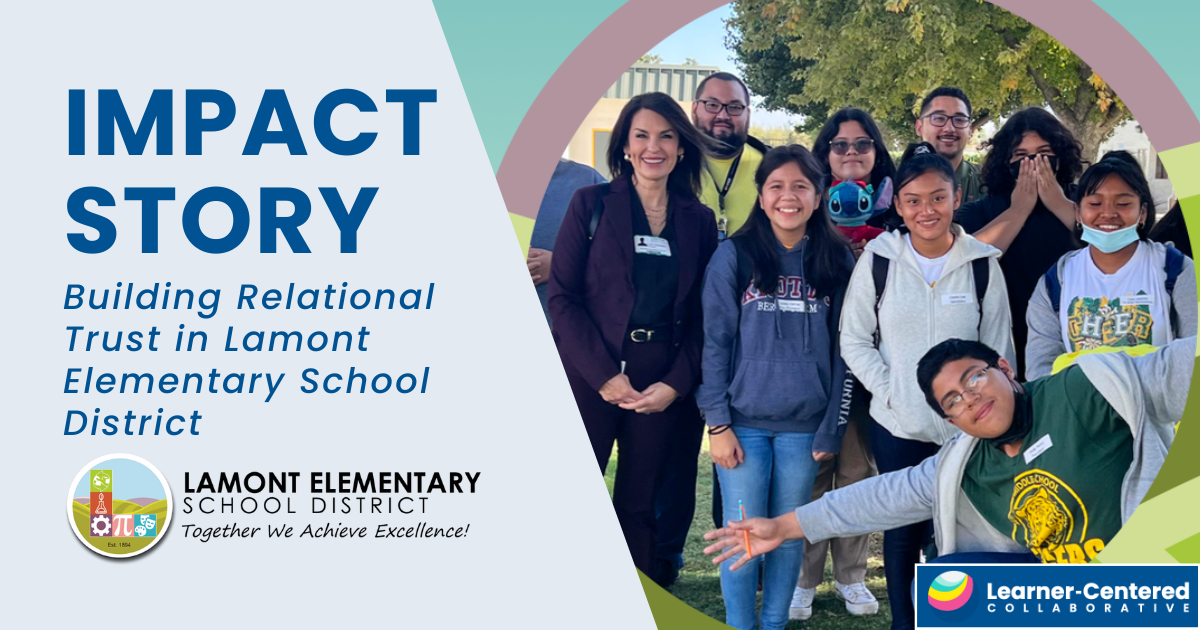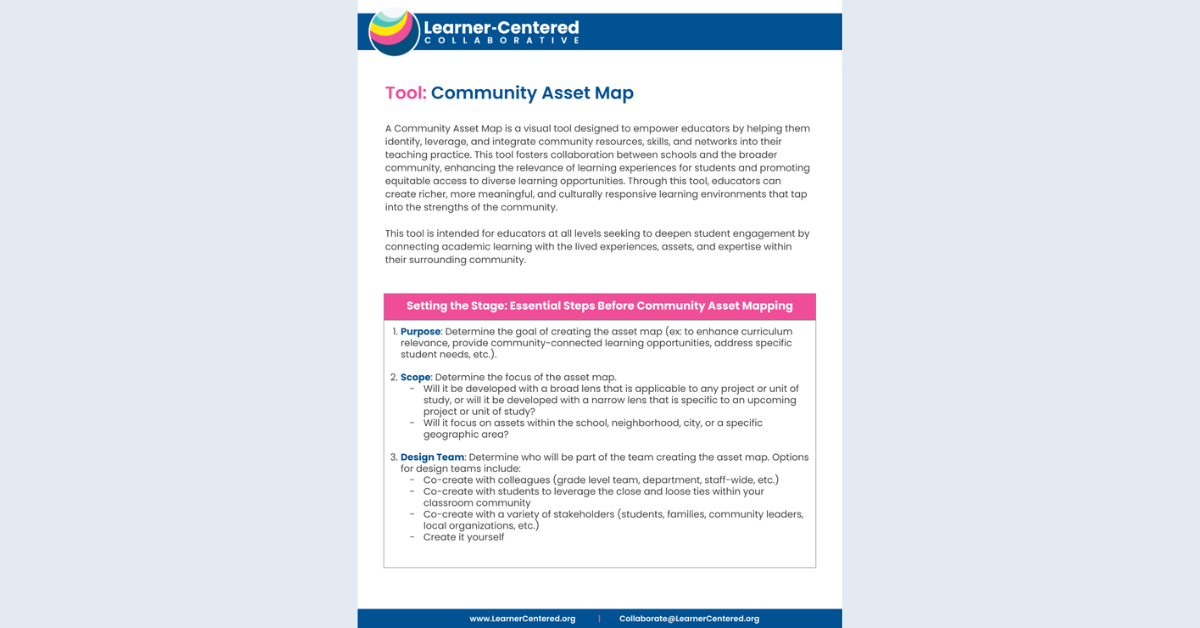Big Moves
Developing Community Partnerships for Internships, Mentorships and Community Projects
Overview Developing a community partnership strategy for internships, mentorships, and community projects is a valuable initiative for schools and districts, as it lays the groundwork for meaningful authentic learning experiences that support learners in developing their school or district’s key outcomes as outlined in their Portrait of a Learner. Through these community-connected experiences, learners…
Big Moves
Redesign Educator Growth Plans & Evaluations
Once a system has clarity and coherence on leader and educator roles in service of their learner-centered vision, other structures require rethinking. Evaluation models in a school-centered paradigm focus on compliance and accountability. As we shift our focus to empowering learners, we must also empower educators and leaders by focusing on feedback and development. …
Big Moves
Family Engagement Strategy
Overview Families are an integral part of a successful learner-centered ecosystem; partnering with educators to ensure positive outcomes for their child/dren. In today’s modern world, family engagement goes beyond asking for room parents, volunteers on a field trip, or the number of responses on a family survey. Although those are important metrics, engagement looks…
BlogWebinars
Webinar Recording: Leadership Matters: Effective Techniques to be a Learner-Centered Leader
In this webinar, four members of the Learner-Centered Collaborative team discuss the importance of leadership in driving effective, learner-centered transformation. With 75+ years of education experience spanning the classroom to district administration, this all-star group highlights the practices and strategies they used to lead school and district systems. They also showcase learner-centered leaders and…
Blog
How One District is Leading a Bold School (Re)Design Effort
As Escondido Unified School District began developing a Blueprint, or a Strategic Plan, to enact the vision they set out in their Framework for the Future, they realized significant work would need to be done at each school site. Specifically, they needed to reimagine what school looks like to focus on the whole-learner outcomes…
BlogWebinars
Webinar Recording: Reimagining Education Through Innovative School Design
In this webinar, Learner-Centered Collaborative’s Jesse Ross hosts a conversation with three educators from Escondido Union School District—Dr. Bryanna Norton, Principal of Hidden Valley Middle School, and North Broadway Elementary teachers, Gina Matthew and Katie Taylor. They share the transformative process of school redesign to foster learner-centered practices. The discussion highlights how strategic design…
Tools
Mindsets Reflection Tool
As we work to create learner-centered environments, examining our own water—our culture, assumptions, and beliefs—is key to cultivating the mindset shifts needed to change the water we’re swimming in. We can do this by visiting other schools implementing learner-centered practices or stepping out of our field and doing analogous experiences. The next time you…
Big Moves
Redefine Educator Roles & Responsibilities
Overview With a shift to learner-centered learning and in the age of AI, the role of the educator is also shifting. A learner-centered vision for the future where all learners (both young learners and adults) are developing the whole learner outcomes defined in a school or district Portrait of a Learner, what defines effective…
Learner-Centered Collaborative’s 2024 Impact Report
Centering Learners by Design Learner-Centered Collaborative’s 2024 Impact Report showcases our ongoing work to advance education through partnerships, research, and innovation. This year’s report highlights our expanding network and demonstrates how we’re helping build inclusive and equitable communities through learner-centered practices. Inside you’ll find: Stories from our partners, including Hampton Township School District, Lamont…
Big Moves
Exhibition of Learning
Overview Exhibitions of Learning (also called Celebrations of Learning, Showcases of Learning or Demonstrations of Learning) are events where students share their learning and any products from a learning experience or project with a broad and public audience. These events could take the form of a formal presentation (ex. play), an individual exhibition (ex.…
Blog
Operationalizing the Vision in Escondido Union School District
See how Escondido USD is turning ideas into actions with student forums, a guiding coalition, and a Framework for the Future.
Blog
Building Relational Trust: Our Journey with Lamont Elementary School District
Contributions from Catina Hancock, Learner-Centered Collaborative and Dr. Lori González, Lamont Elementary School District In California’s Central Valley, Lamont Elementary School District is redefining what’s possible in education. Serving over 3,000 students, many from low-income backgrounds and a high percentage of English Language Learners, Lamont faced unique challenges. But under Superintendent Dr. Lori Gonzalez’s…
Tools
Community Asset Map Tool
The Community Asset Map is a tool that helps educators identify and leverage local resources, skills, and networks to enhance their teaching practice. By mapping out community assets – from businesses to cultural organizations – educators can create more meaningful learning experiences that connect classroom content with the real-world. Through a step-by-step process, this…
